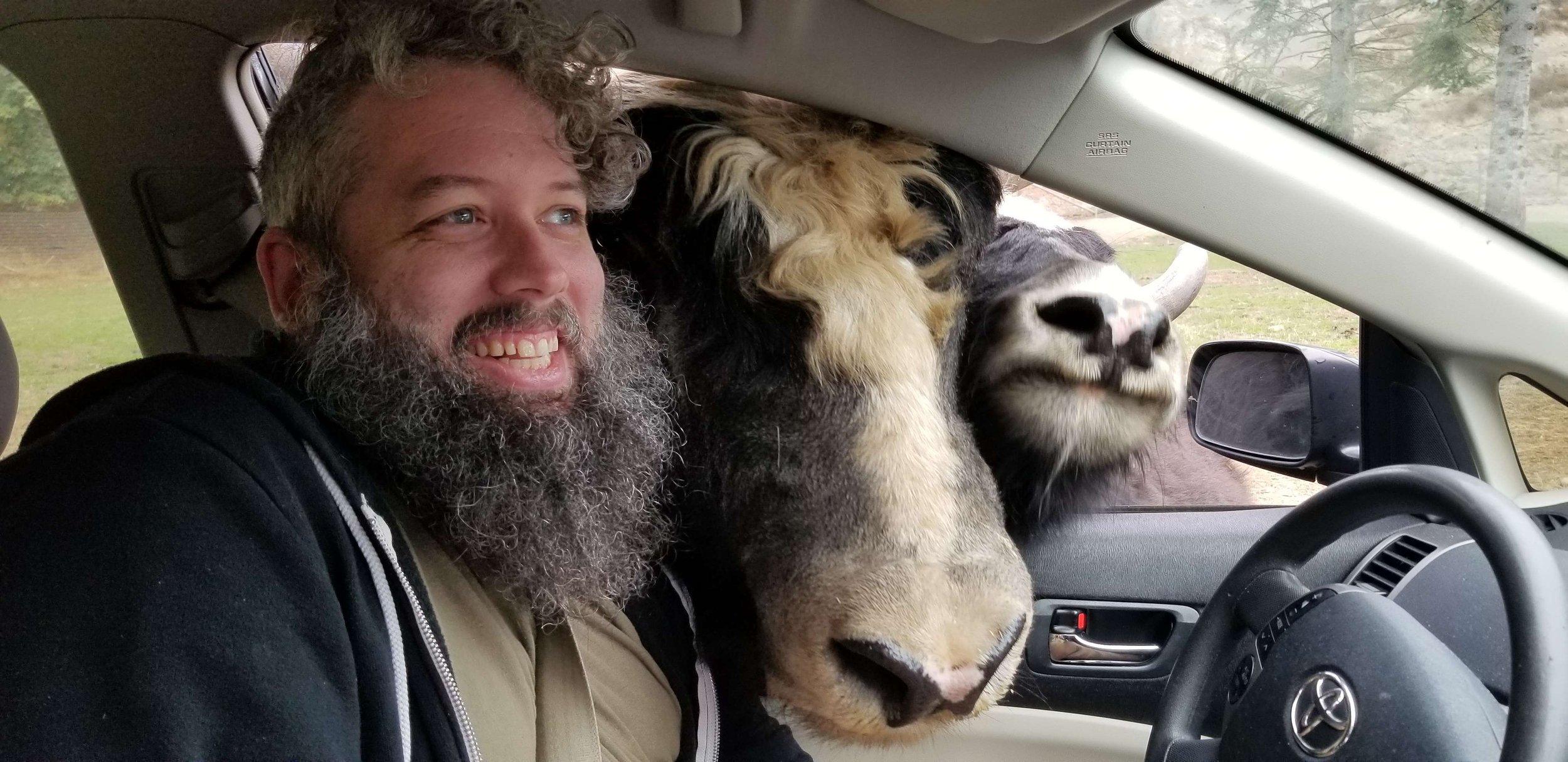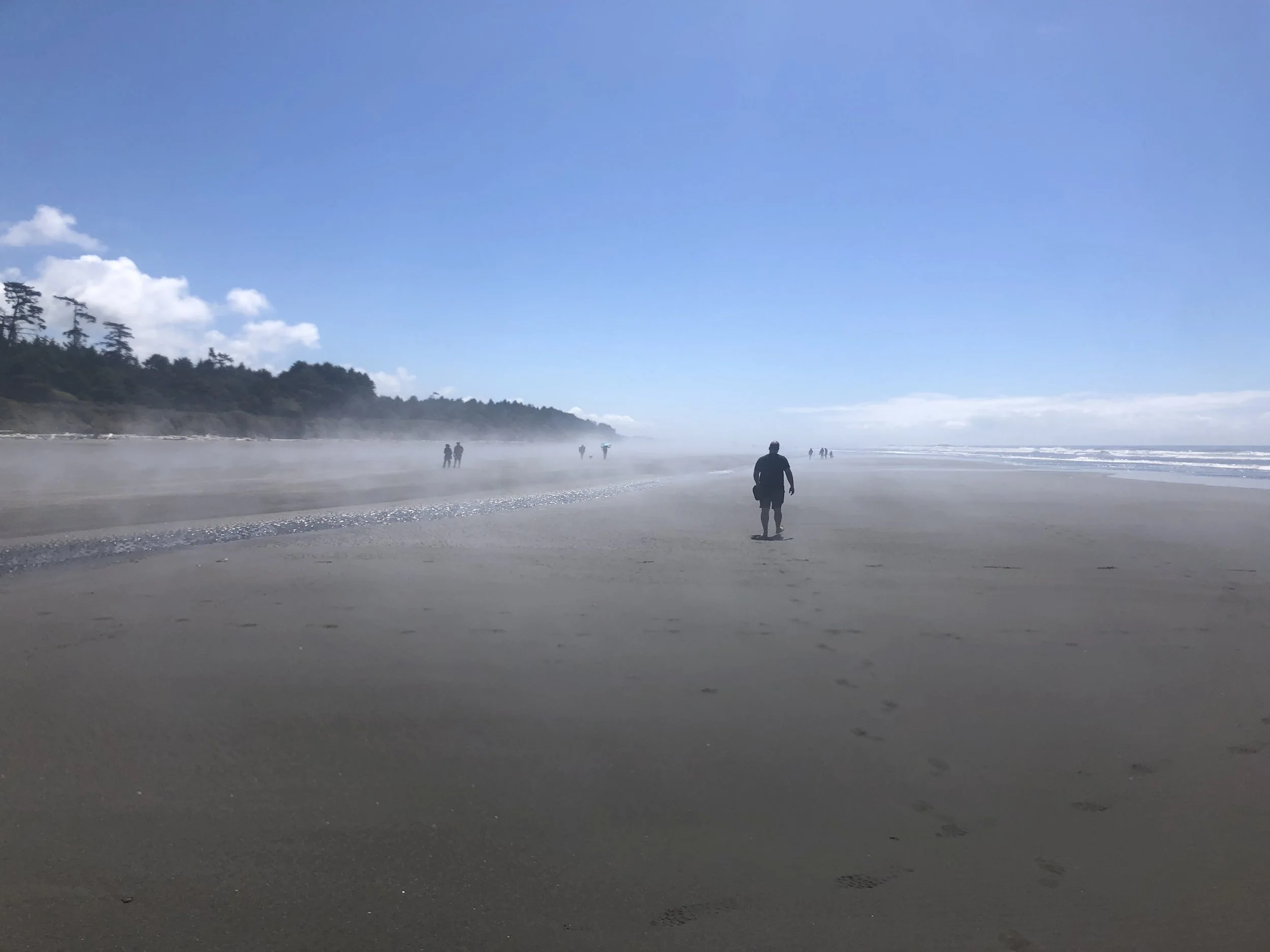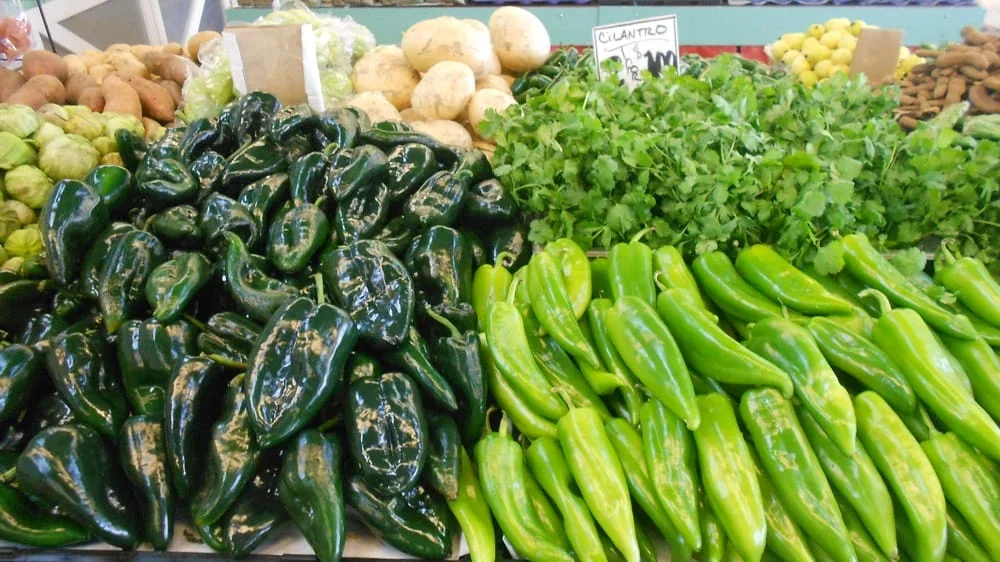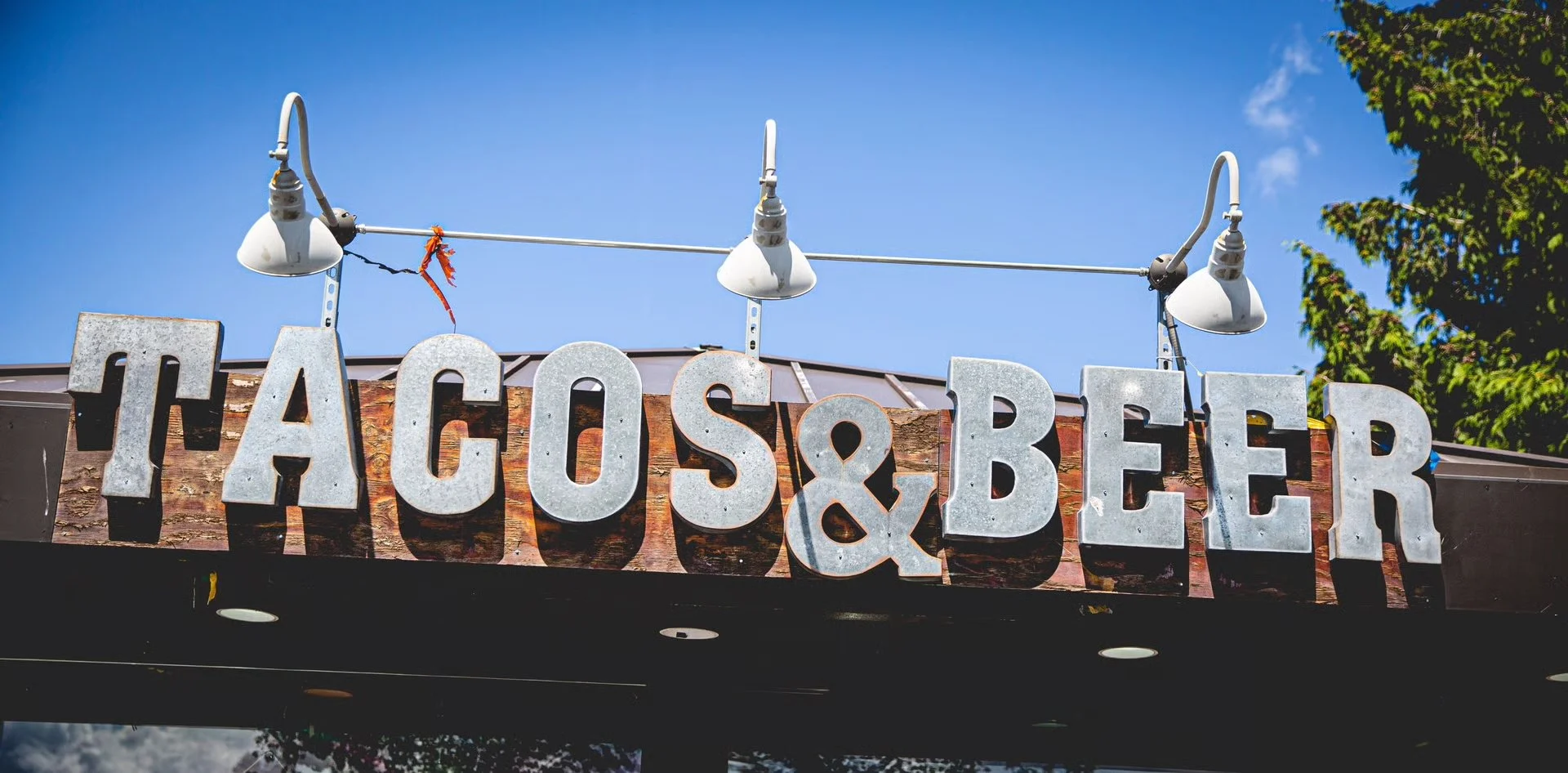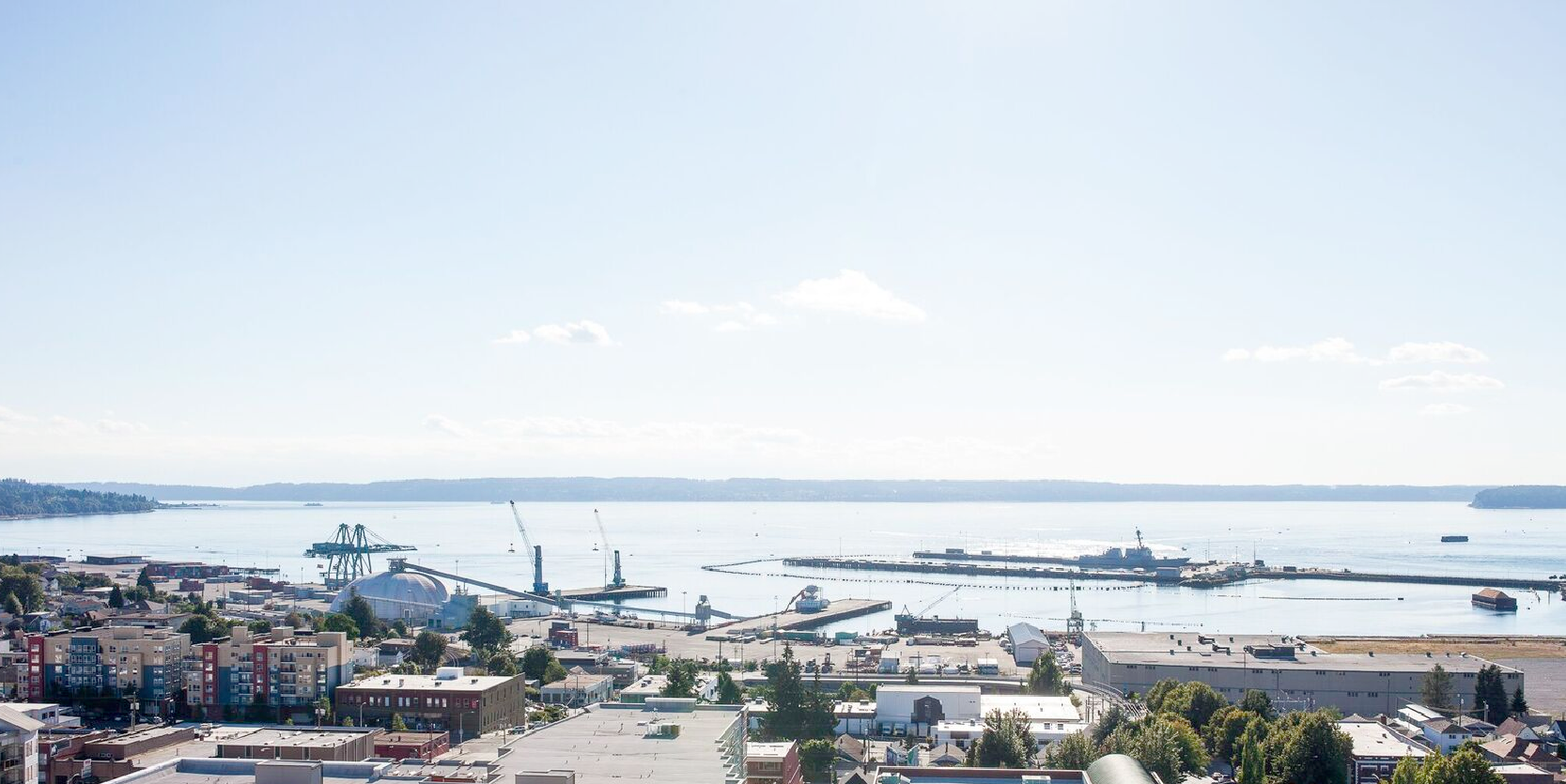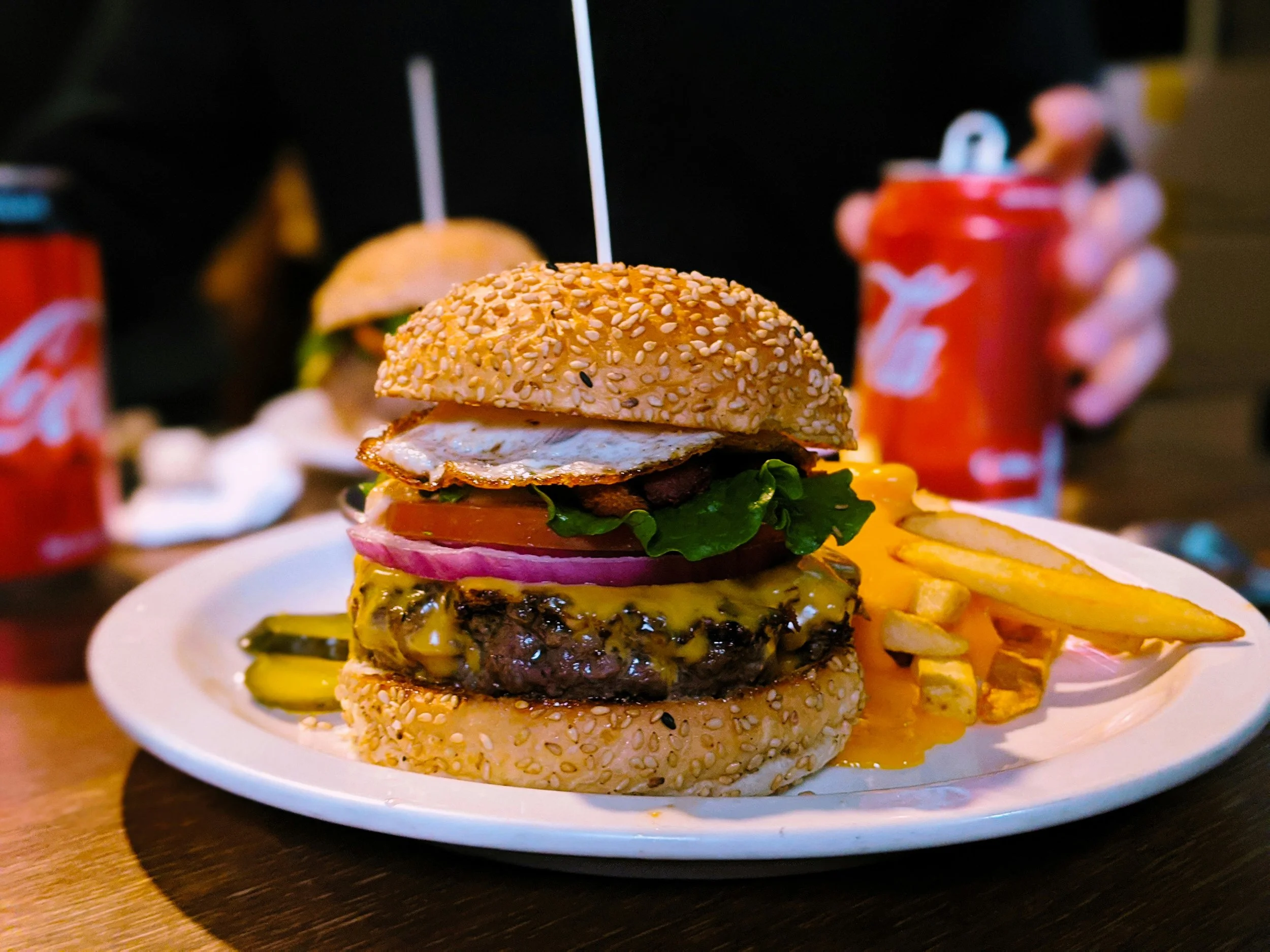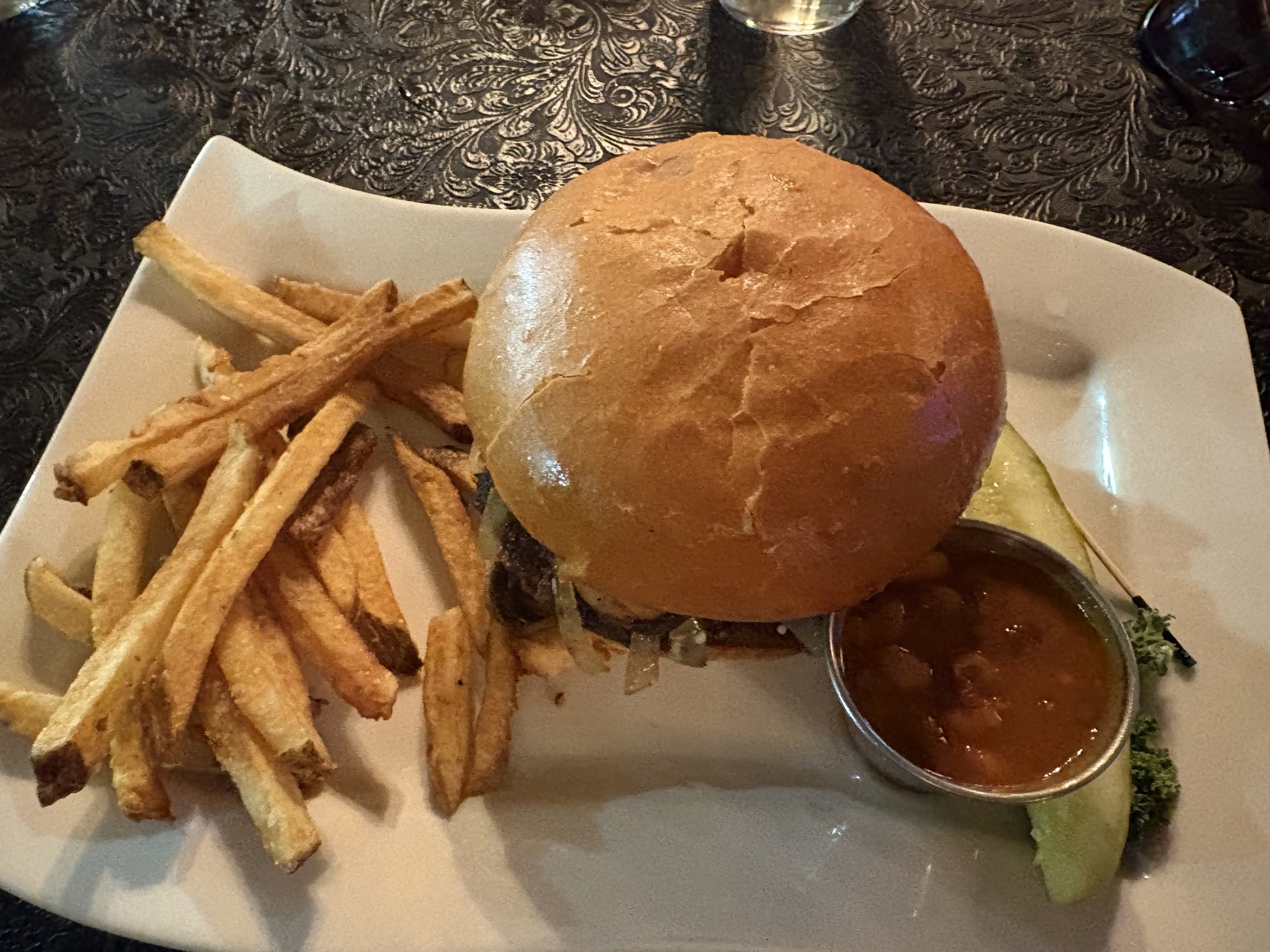Life in Everett Journals: Lisa Labovitch
JOURNAL ENTRY: 11
Lisa Labovitch
History Specialist
I’m a librarian and archivist who specializes in local history
Port Gardner Neighborhood
Written 6.7.2020
For someone who spends most of her workday looking back in time, the Everett Journals project is a future researcher’s dream. I’ve often wished that I had a collection of community journal entries when researching a historic event like Everett Massacre (1916), or when the Ku Klux Klan paraded through Everett and burned a cross at the corner of Hewitt and Colby (1926). How many times have I looked at news articles written in now-defunct papers with very clear biases and commercial interests and wished I could just find one document written in the hand of my subject telling me what was going through their head? Often I’m building a scaffold of a story from documents that have all the depth of your average yellow pages listing, or a poorly-maintained LinkedIn profile if I’m lucky. We read between the lines, but what’s almost always missing are the true thoughts, motivations, and emotions of the people we write about.
Courtesy of The Daily Herald
Historians would give just about anything to be able to time travel and speak to eyewitnesses, but each and every one of us would happily settle for a collection of diaries or letters – especially those that escaped censorship by later generations of well-meaning family and friends.
A diary page from the journal of Doris Bell, from the family collection of Neil Anderson // Courtesy of Everett Public Library
Luckily for future historians, I think that in this moment the average person is more aware than ever that we are living through history. This has been a year where days felt like weeks and weeks like months. So in this altered reality I’ve been doing the work of a historian and archivist, both trying to make sure that I am preserving as good a record as I can of what is currently happening, but also that I am using this opportunity to tie the past to the present and pass along any lessons that might be learned from those who went before. It’s a challenge.
Courtesy of The Daily Herald
It’s a challenge to lead people to information without being heavy-handed. It’s a challenge to present parallels without becoming too political. It’s a challenge to make sure that the sources I am collecting represent as many voices as possible, not just the ones I happen to personally agree with. It’s a challenge to neutrally and unemotionally present information in a climate when information is suspect and politicized. It’s a challenge to step outside myself and write as if I was an organization, and not a person with opinions. That’s the line that many historians and archivists must avoid crossing. Stick to the facts – don’t make assumptions – don’t get political.
We strive to be as unbiased and impartial as we can be, but at the end of the day true neutrality is impossible. We are under the influence of subconscious biases and a lifetime of social conditioning that even the most self-aware person will spend years trying to acknowledge and correct. The establishment of The Facts is also hampered by the simple truth that the sources that we work with were created by other humans with their own biases, subconscious or otherwise.. History always has been, and always will be, extremely open to interpretation. Honestly, from what we have all seen, the meanings of the events taking place in the present are also very much in the eye of the beholder. I don’t think any one of us has the exact same take away from anything we see or read on the internet these days.
Census record showing a Black household in Everett // 1910 United States Census
So on the easier days, as I continue to work from home, I can handle house history questions and photograph requests without giving them much of a second thought. Those are a welcome and comfortable routine for me. It’s the research requests without the simple answers that keep me on my toes and keep me analyzing how I am assisting my community. If I haven’t found evidence of official housing discrimination policies in Everett, did they truly not exist or am I just not looking in the right places? How can I verify the stories I have heard about developer-mandated housing covenants without an archives of company records? Is anecdotal evidence enough when policies weren’t put on paper, but Black residents tell stories about neighborhoods they knew wouldn’t welcome them? How do I collect these stories without asking for labor from Black neighbors, and asking them to revisit memories that are likely traumatic? Am I doing enough to connect with and amplify BIPOC historians and heritage workers within the community, and to make sure that we are adding their work to our community-driven resources? Again, how do I reach out without automatically expecting their labor?
What and who am I missing? How do I improve? How do I ensure that my own biases and areas of personal inexperience don’t create large gaps in the collection I am building that will frustrate researchers 100 years down the road? These are questions that most people in my field ask even in the most mundane of times, but they feel all the more urgent when history seems to be happening at 100 miles an hour. This period of isolation has very much been a period of introspection and inventory-taking – a time to help me identify areas in need of improvement, and opportunities for further collaboration.
Live in Everett is your central hub for local delight. Restaurants, culture, events, and opportunities for civic engagement are just a few of our favorite things to share about. Learn more about us here, and join us as we proudly wave the Everett flag.
















